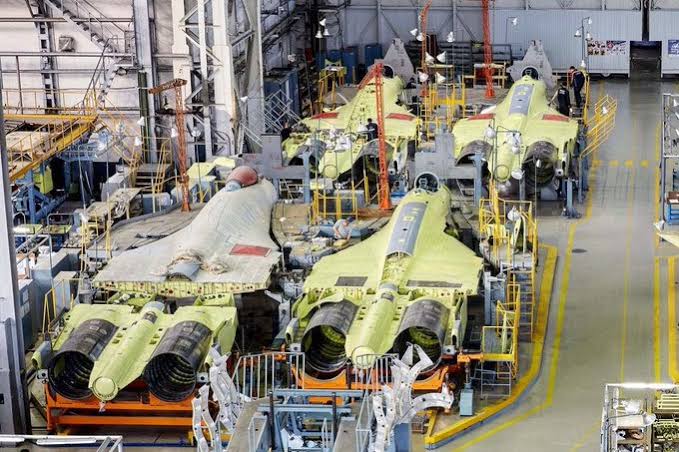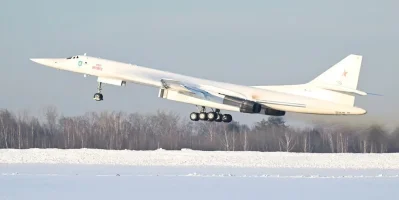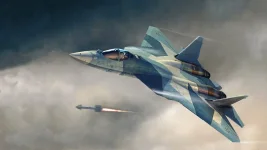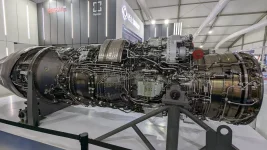
In a move to enhance the capabilities of its Su-30SM fighter jet fleet, Russia has announced plans to transition to the AL-41-FC1 engine starting in 2025.
Oleg Pankov, the chief designer of the Su-30 program, confirmed this decision, highlighting the engine's increased power and fuel efficiency compared to the currently used AL-31F.
This move comes as India, the largest operator of the Su-30MKI variant, has opted to retain the AL-31F engine for its fleet. India's decision is likely influenced by its well-established supply chain for the AL-31F, with ongoing efforts to indigenize components through collaboration between Hindustan Aeronautics Limited (HAL) and the Gas Turbine Research Establishment (GTRE).
India's emphasis on self-reliance in engine production aligns with its strategic goal of reducing dependence on Russia for critical components. With the Indian Air Force (IAF) planning to operate Su-30MKI squadrons until the 2060s, ensuring a sustainable and independent supply chain for the engine becomes paramount.
Diverging Paths in Engine Selection
The contrasting engine choices by Russia and India underscore a potential shift in their collaborative approach to the Su-30 platform.While Russia aims to modernize its Su-30SM fleet with a newer engine, India prioritizes self-sufficiency through indigenization of the existing engine.
This divergence in approach could necessitate adjustments in future co-development or upgrade programs for the Su-30.
Implications for Future Collaboration
The implications of these diverging paths remain to be seen. However, it is clear that both countries are prioritizing their respective strategic goals in making these engine decisions.Russia's focus on modernizing its air force capabilities with a newer engine aligns with its broader military modernization efforts. India's emphasis on self-reliance in defense production reflects its growing aspirations to become a major global player in the aerospace industry.
It will be interesting to observe how this development impacts future collaboration between Russia and India on the Su-30 platform.
While the engine choices may differ, both countries share a common interest in maintaining and upgrading their respective fleets to ensure their continued relevance in the evolving security landscape.



